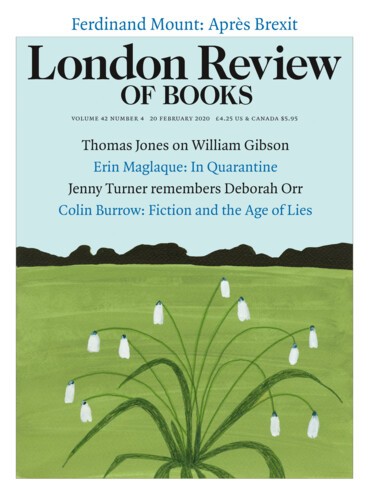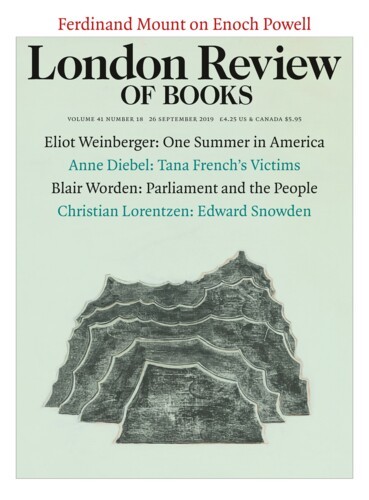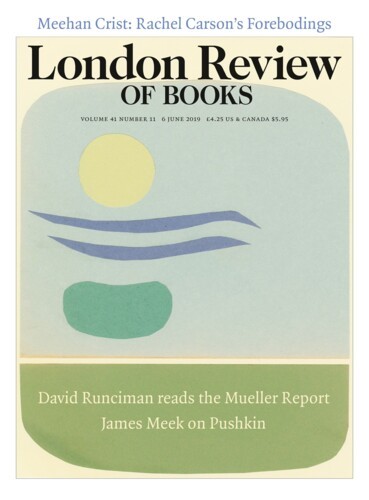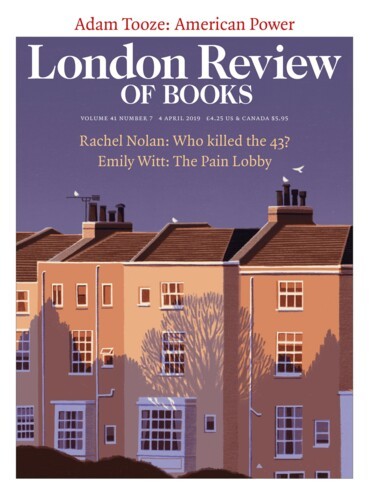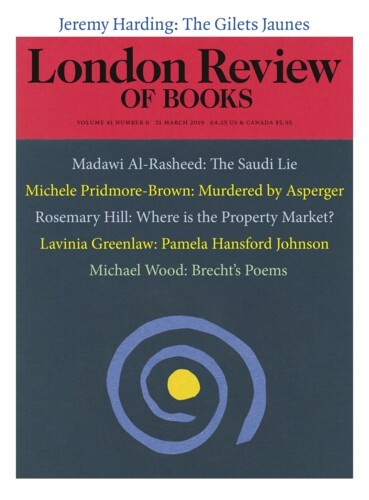Après Brexit
Ferdinand Mount, 20 February 2020
The Tory right is engaged on an ambitious enterprise of demolition and detachment, of which leaving the EU is only the most conspicuous – though so far the most momentous – element. Yes, national solitude is the Holy Grail for the Knights Not Round the Table – Sir Iain Duncan Smith, Sir Bill Cash, Sir John Redwood et al – and they have devoted their adult lives to it. But they have more in mind than this. They hope also to undo the constitutional and administrative reforms of the Blair years. What they want to achieve is a simplification of democracy. The overall goal is often described, and with justice, as a sort of national populism, of the kind practised by Orbán, Bolsonaro and Erdoğan. But the mechanisms by which this new style of politics is to be delivered and entrenched are peculiar to Britain.
